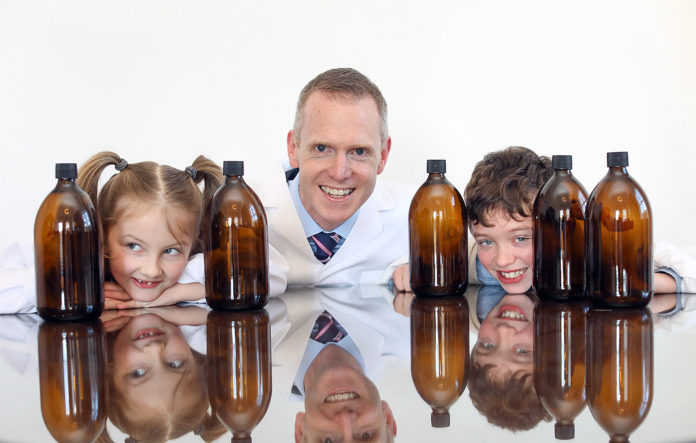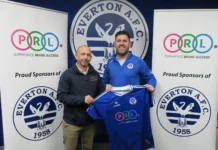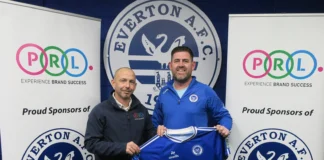
Pharmacists are urging parents of young children and babies to avoid common but potentially serious errors when administering medications.
A new campaign, launched this week by the Irish Pharmacy Union (IPU), recommends parents to consult with their pharmacist for advice and expertise on treating common childhood ailments and administering medications.
Coughs and colds, and many other common childhood ailments, can be treated successfully using over the counter medications. By consulting with your community pharmacist parents can quickly and conveniently access effective treatments without requiring a trip their family doctor.
Daragh Connolly, President of the IPU, said, “Treating children and providing advice to parents is one of the most valuable roles played by any community pharmacist. This can include providing advice on treating conditions at home, on the safe management of any medicines and to recognise if the child needs to be referred to their GP.
“One of our primary responsibilities is ensuring that medications are being safely administered. When it comes to children and babies this is even more important, as the guidelines will vary depending on age and weight and it is important that parents understand this.
COMMON MISTAKES
“Well-meaning parents, anxious to help a sick child feel better, can make mistakes in providing medications”, he said.
Some of these are particularly common and include:
- Wrong Dose: The dose for medicines varies depending on a child’s age and weight. Even for common medications such as paracetamol or ibuprofen, this can be confusing. Pharmacists can calculate the correct dose and provide you with this information. Too little medication can be ineffective, while too much medication can be harmful.
- Wrong Time: Accidentally repeating a dose or providing medications too close together is another common error committed by parents. Your pharmacist will be able to advise you on the time that should elapse between doses and parents should always read the medications’ labels. Parents should also record the time of each dose on a piece of paper kept with that medication.
- Wrong Medicine: Many parents may offer medicine that is ineffective for specific ailments. For example, parents might give paracetamol or ibuprofen for cough or blocked nose. In the absence of pain or fever, this is not recommended. However, your pharmacist may be able to recommend a more effective medication.
- Wrong Place: Not all ailments are best treated with oral medication; eye drops, creams or nasal sprays may all be more effective for specific conditions.
Mr Connolly concluded by warning parents to “never give a child a medication that is intended for an adult, and only provide prescription medications to the intended recipient”.







